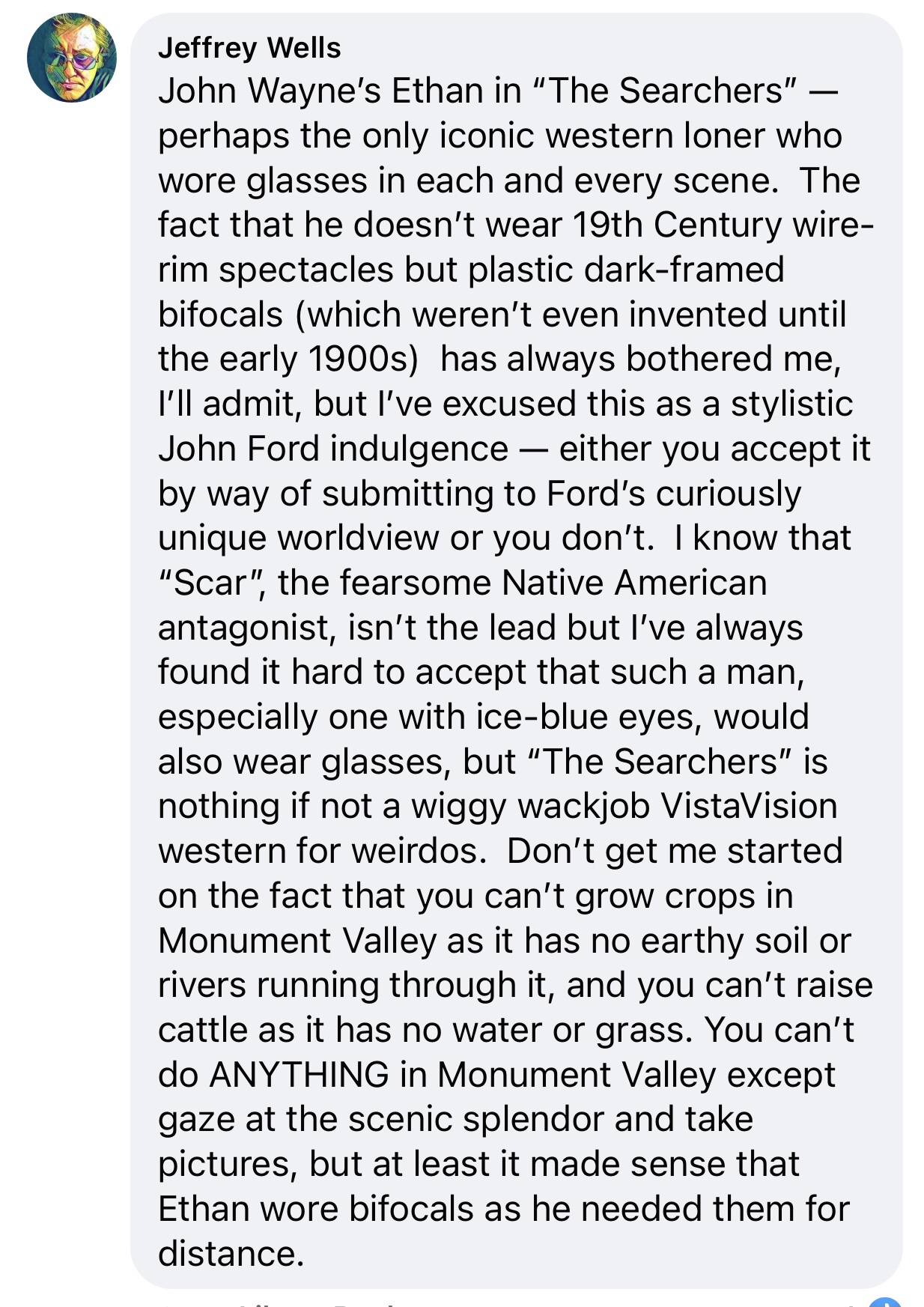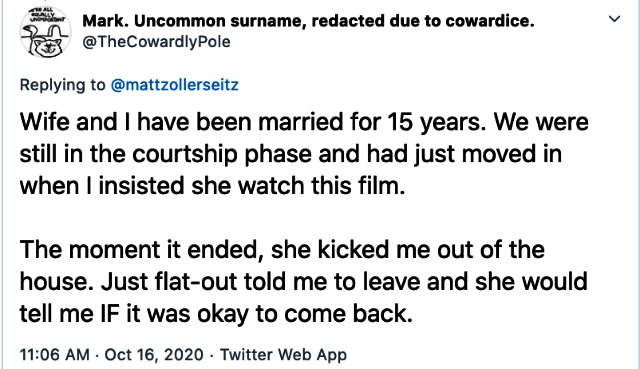In honor of yesterday’s Netflix debut of Aaron Sorkin‘s The Trial of the Chicago 7, here’s my original 9.25.20 review plus excerpts:
This is a truly exceptional smarthouse drama — a character-driven procedural that will hook adults of whatever age.
Despite the tumultuous late ’60s milieu Sorkin’s film is not about the usual noise, rage and chaotic energy, but about thought and procedure and agendas laid face-up on the table. It’s about clarity and drillbits and impressive brain-cell counts.
The endless Chicago 7 trial (September ’69 to February ’70) was about a Nixon administration attempt to nail eight anti-establishment activists for activities tied to violent conflicts during the August ’68 Chicago Democratic convention.
Four of the defendants were Abbie Hoffman, Tom Hayden, Jerry Rubin and activist David Dellinger, respectively played by Sacha Baron Cohen, Eddie Redmayne, Jeremy Strong and John Carroll Lynch. The idea was to convict them for violating the Rap Brown law by crossing state lines in order to incite a riot.
In so doing Nixon’s attorney general John Mitchell was ignoring a previous assessment by LBJ’s attorney general Ramsey Clark (Michael Keaton), which was that the conflict was primarily provoked by the Chicago police.
The number of defendants was reduced to seven when the attempted prosecution of Bobby Seale (Yahya Abdul-Mateen) was declared a mistrial.
The Trial of the Chicago 7 works because it’s all on the page — because of Sorkin’s shaping and honing — emphasizing and de-emphasizing to achieve a certain focus and tone. And then he assembled a top-tier cast and hired Phedon Papamichael to shoot it without any muss or fuss. Sorkin could’ve made a half-dozen other films about the Chicago 7 trial with all kinds of attitudes and approaches, but he decided to make this one.
The film’s central conflict is not a good guys vs. bad guys thing, but between Hayden and Hoffman — between their differing approaches to stoking or harnessing the social unrest.
Hayden’s approach was cerebral and sensible — classic political organizing, focused pragmatism, position papers, non-violence. Hoffman was about trusting in theatrical instinct — hippie-yippie tribalism, generational anger and a vaguely understood practice of cultural revolution for the hell of it (i.e., irreverence, impulsiveness, cranked-up emotion).
The Hayden approach dominates, certainly as far as the defense strategy is concerned, but Hoffman’s (and Rubin’s) wise-ass theatricality and flamboyance punches through.
It’s actually a kind of four-way debate by way of defense attorney William Kuntsler (played by the always-good Mark Rylance) and co-attorney Leonard Weinglass (Ben Shenkman).
But the payoff (and it’s a rouser) comes when Kuntsler decides to put Hoffman on the stand, which sets the stage for one of those robust Sorkin-crescendo moments.






